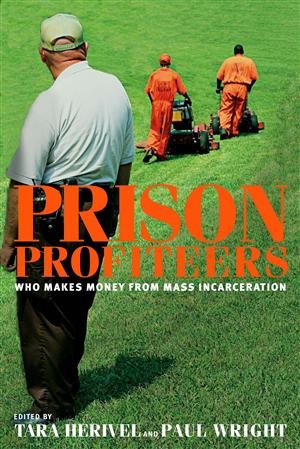Minnesota Supreme Court Holds Sentencing Guidelines at Time of Offense, Not Time of Sentencing, Controls for Purposes of Calculating Criminal History Score
by Matt Clarke
On August 15, 2018, the Supreme Court of Minnesota held that the classification of a previous offense used to calculate a defendant’s criminal history under Minnesota Sentencing Guidelines 2.B.7.a is controlled by the offense definitions and sentencing policies in effect at the time the offense was committed, not when the defendant is sentenced.
Keith Lee Scovel was charged with first-degree possession of a controlled substance. Nine years earlier, he had been convicted of felony fifth-degree possession of a controlled substance. By the time of Scovel’s sentencing, the Minnesota Legislature had reclassified fifth-degree possession of a controlled substance to a misdemeanor under the conditions of the previous conviction. However, the district court counted the previous conviction as a felony when calculating Scovel’s criminal history score. This made his score 2.0 instead of the 1.5 it would have been had the offense been counted as a misdemeanor.
In March 2016, Scovel pleaded guilty to second-degree sale of a controlled substance pursuant to a plea bargain that included his being sentenced to 70-months imprisonment pursuant to the criminal history score of 2.0. However, he was not actually sentenced until September 2016. Scovel did not object to his criminal history score at sentencing and, pursuant to the plea bargain, was sentenced to 70 months. On appeal, he raised the issue that, effective August 1, 2016, the Legislature had reduced fifth-degree possession of a controlled substance to a misdemeanor under the facts applicable to the previous charge. Therefore, he asserted that his sentence should have been based upon a criminal history score of 1.5. This would have reduced the presumptive sentencing range from 58 to 81 months to 50 to 69 months.
The court of appeals affirmed. With the assistance of St. Paul public defender Amy Lawler, Scovel sought further review.
The Minnesota Supreme Court granted review. Reviewing the issue de novo, the Court noted that Guidelines 2.B.5.b, in addressing the classification of out-of-state offenses, specifies that the offenses definitions in effect at the time the offense was committed control determinations of criminal history, using “in effect when the [current Minnesota] offense was committed” as the meaning for “current” in related Guidelines commentary 2.B.502. Since the word “current” also is used in Guidelines 2.B.7.a, which determines the classification of prior Minnesota offenses and related Guidelines sections and comments are used to interpret ambiguity in surrounding sections, the Court concluded that “current” in Guidelines 2.B.7.a means “in effect when the offense was committed.”
According to the Court, this is further supported by comments made by the Minnesota sentencing Guidelines Commission when it made changes to the 2016 Guidelines, stating that “the policy for classifying non-Minnesota offenses is, like the policy for classifying Minnesota prior offenses, based on the offense definitions and sentencing policies in effect when the current Minnesota offense was committed.”
Therefore, the Court held that the date of the commission of the offense is controlling for the classification of offenses under the Guidelines. Accordingly, it affirmed the decision of the court of appeals. See: State v. Scovel, 916 N.W.2d 550 (Minn. 2018).
As a digital subscriber to Criminal Legal News, you can access full text and downloads for this and other premium content.
Already a subscriber? Login
Related legal case
State v. Scovel
| Year | 2018 |
|---|---|
| Cite | 916 N.W.2d 550 (Minn. 2018) |
| Level | State Supreme Court |





